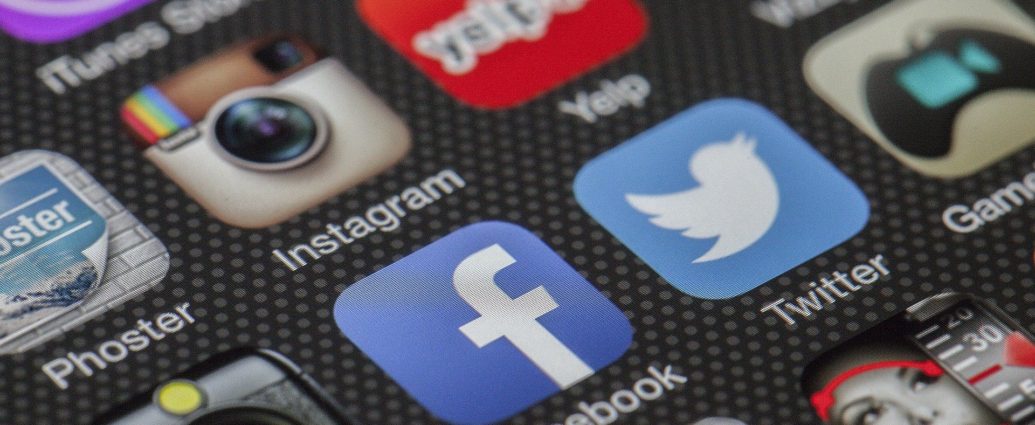On January 6th, Trump supporters including the far-right group The Proud Boys and QAnon raided the buildings on Capitol Hill in Washington D.C.. The purpose of the event was to support Trump’s insincere claims that the 2020 election was unfairly won by President Joe Biden. Consequently, it spilled out onto social media for the world to see.
In the centre of the commotion was of course Mr Trump himself who leaped to Twitter to share, “The 75,000,000 great American Patriots who voted for me, AMERICA FIRST, and MAKE AMERICA GREAT AGAIN, will have a GIANT VOICE long into the future. They will not be disrespected or treated unfairly in any way, shape or form!!!”.
In response, Twitter made the decision to lock Trump out of his account for 12 hours. Later on January 8th, Twitter permanently suspended Trump, determining that his tweets “incited violence” and were likely to “inspire others to replicate the violent acts that took place on January 6th.
Whilst this event speaks volumes on many injustices happening in the world today, what does this mean for social media companies like Twitter going forward?
The Response
“Beyond suspending users however, Twitter has also brought in new features over the last year to help tackle misbehaviour and misinformation on their platform.”
Since January 6th, Snapchat, Tiktok and Facebook are just a handful of social platforms that have taken action to prevent events like this happening again. Whether it be disabling Trump’s account completely like Twitter and Snapchat or removing hateful hashtags like #stormthecapitol on Tiktok, these actions show social media giants joining forces to silence one ‘influencer’ from influencing others.
However, they are no stranger to silencing. Back in June 2020, controversial commentator Katie Hopkins was also permanently suspended from Twitter for her direct written abuse and promotion of violence on the platform. Ironically, Hopkins was also retweeted many times by Mr Trump.
Beyond suspending users however, Twitter has also brought in new features over the last year to help tackle misbehaviour and misinformation on their platform. In a statement back in March 2020, they stated “our goal is to make it easy to find credible information on Twitter and to limit the spread of potentially harmful and misleading content.” To do so, they installed new labels and warning messages upon false or misinformed tweets, a particularly handy tool in the uncertain age of Covid-19.
Categorised into three options “misleading information”, “disputed claims” or “unverified claims”, Twitter’s teams became committed to adding context throughout their platform. They hope to keep public conversation moving but in a credible and responsible way.
The Future of Social Media
“Of course, it didn’t take long for Trump to claim that Twitter had ‘banned free speech’”
With new monitoring, features and suspensions, it’s not unreasonable to question what this means for the future of social media. By definition, social media “facilitates the sharing of ideas, thoughts and information through the building of virtual networks and communities.” This means you are free to interact, discuss and create as you please with a potential to reach billions of other users. For many of us, social media can be like a public diary, sharing memories, thoughts and reactions; however, if you have the potential to influence others, this changes. Yes, we must all be responsible online but for those with a large following, it would be sensible to think considerately before you tweet next time – if you didn’t already.
Of course, it didn’t take long for Trump to claim that Twitter had ‘banned free speech’ and ‘silenced’ him, but Twitter did it with good reason. We can still “share ideas, thoughts and information” but users like Trump must understand the responsibility of a large audience on social media today.
My Thoughts
I think many of us can agree that the decision to remove Trump was a good one. Where content has a potential to inflict real violence there is no argument for me. But I do wonder whether we can expect more input from social giants. How detailed will their monitoring be? Will it just cover those verified like Trump? Or does a certain amount of retweets or likes qualify for this added attention?
Twitter did share that they “are open to adjusting” their labels as new conversations emerge. Nonetheless, it is still interesting for the future of monitoring. For me, it is an essential feature and will encourage everyone to be more responsible online. It will also prompt people to form their own opinion by doing their own research and reading beyond their feed. Though, I’m not sure whether Trump’s or Hopkin’s teams will agree.
Laura Buckle
Featured image courtesy of LoboStudioHamburg on Pixabay. Image license found here. No changes were made to this image.

